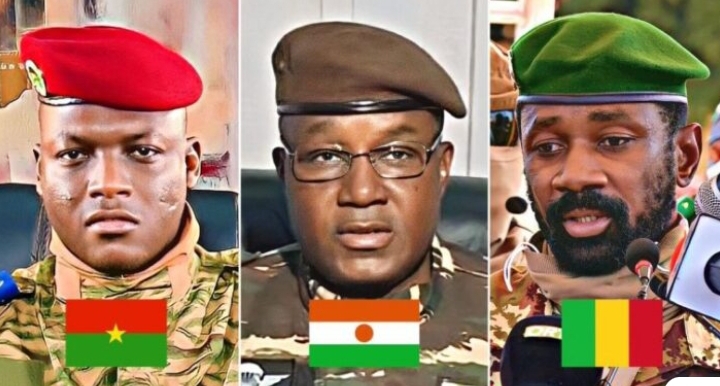Mali, Burkina Faso, and Niger imposed a 0.5% import levy to fund their new union after exiting ECOWAS, ending free trade in West Africa.
Burkina Faso, Niger, and Mali Impose Import Levy to Fund New Regional Union


West African nations Mali, Burkina Faso, and Niger have introduced a new 0.5% levy on imported goods to support their newly formed three-state union following their withdrawal from the larger regional economic bloc. This decision was announced in an official statement.
The Alliance of Sahel States, initially established in 2023 as a security pact among the military-led governments of these countries, has since evolved into an ambitious economic union. The alliance is working toward implementing biometric passports and fostering closer economic and military cooperation.
The levy, agreed upon on Friday, takes immediate effect. It applies to all goods imported from outside the three countries but excludes humanitarian aid, according to the statement. The revenue generated will be used to “finance the activities” of the bloc, though specific details were not provided.
This development effectively ends the free trade framework that has existed across West Africa under the Economic Community of West African States (ECOWAS) for decades. It also underscores the growing divide between these Sahel nations and more influential democratic states like Nigeria and Ghana to the south.
Mali, Burkina Faso, and Niger recently exited ECOWAS, accusing the bloc of failing to provide adequate support in their fight against armed groups and broader security challenges. In response, ECOWAS had imposed economic, political, and financial sanctions on the three nations in an effort to pressure them into restoring constitutional governance, but these measures had little impact.
The three countries have long struggled with escalating violence from armed groups affiliated with al-Qaeda and Daesh. These conflicts have resulted in thousands of deaths, the displacement of millions, and a significant decline in public trust toward the democratically elected governments that were initially unable to contain the insecurity.

 বাংলা
বাংলা  Spanish
Spanish  Arabic
Arabic  French
French  Chinese
Chinese 
